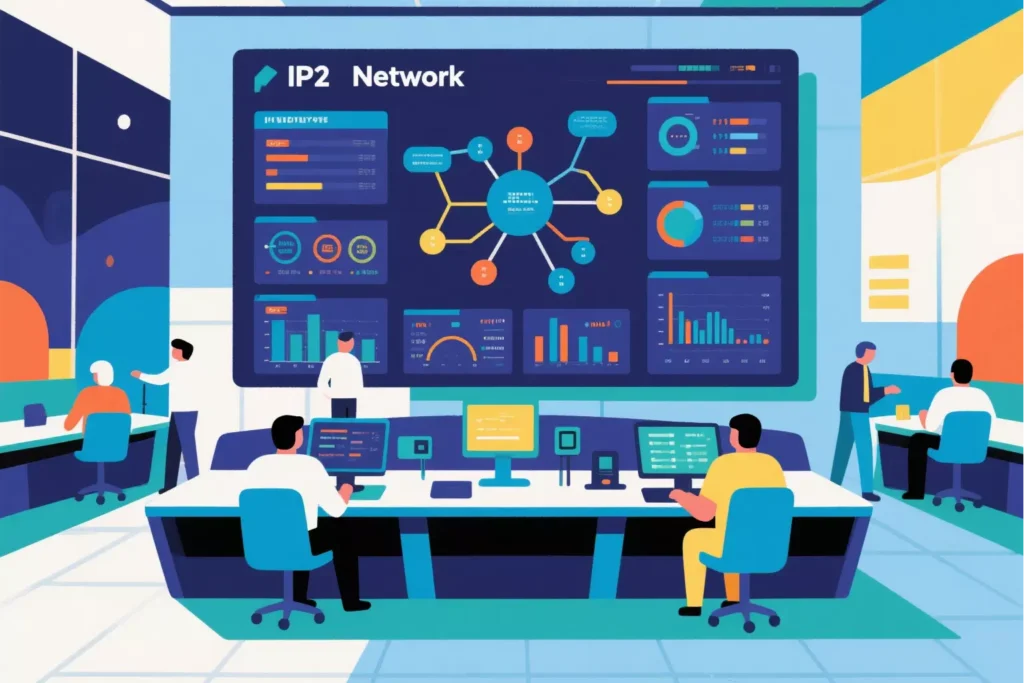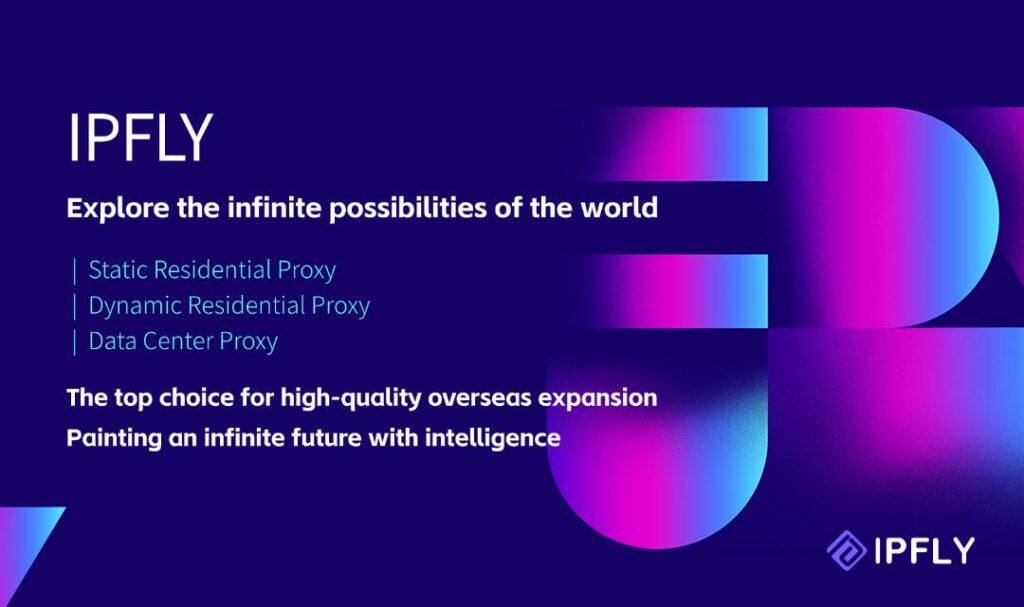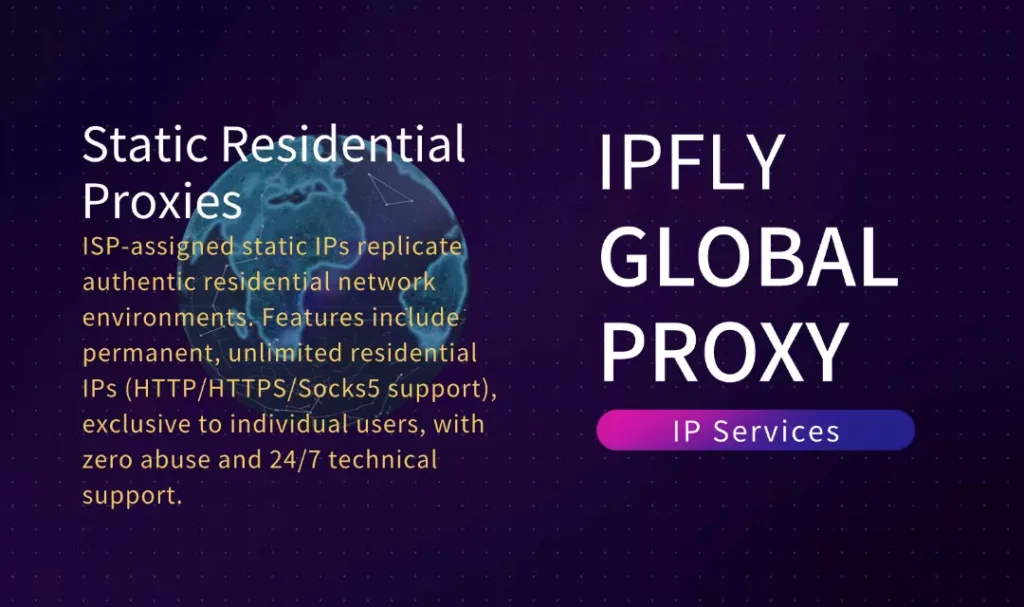The term IP2 network often arises in conversations about internet protocols, IP geolocation, and cybersecurity. But what does it really mean? While it’s sometimes mistaken for a product or tool, the IP2 network generally refers to infrastructure or databases related to IP-to-location mapping or IP intelligence.
Understanding how the IP2 network functions can help businesses improve everything from content localization to fraud detection and proxy performance. In this guide, we’ll break down what the IP2 network encompasses and why it matters in today’s digital ecosystem.

How IP2 Networks Are Used in IP Intelligence
At its core, an IP2 network (or IP-to-information network) maps IP addresses to geographic and behavioral data. This mapping is crucial for:
- Geolocation targeting
- Ad delivery optimization
- Content localization
- Anomaly detection
- Risk scoring and fraud prevention
These systems are often embedded into proxy networks, firewalls, or analytics tools to enable smart decision-making based on user IPs. For example, if an IP is identified as being from a high-risk region, the system may block access or trigger additional verification steps.
The Role of Proxy Providers in the IP2 Ecosystem
Proxy services play a significant role in how IP2 networks interact with online services. Since proxies serve as intermediaries between the user and the web, their IP addresses must be reliable and correctly classified.
That’s where providers like IPFLY come in. IPFLY offers a robust infrastructure that supports intelligent IP routing by:
- Hosting self-owned servers for stable IP delivery
- Maintaining clean, verified IP pools
- Using internal big data filtering to ensure each IP’s reputation and reliability
This makes IPFLY proxies particularly compatible with IP2-based systems and geolocation services.
Why IP Reputation Matters in an IP2 Network
IP2 networks often include databases that classify IPs as residential, datacenter, mobile, or VPN/proxy. These classifications affect whether traffic gets blocked or allowed. An IP flagged as “proxy” may be denied access on some platforms, especially if it’s from a suspicious or overused subnet.
IPFLY helps mitigate these issues by supplying static residential proxies that resemble real-user connections. These proxies carry less risk of being blacklisted, which makes them a better fit for use cases such as:
- Ad verification
- Social media management
- Market research
- E-commerce automation
IP2 Network and Content Personalization
One major application of the IP2 network is local content customization. For instance, a streaming platform might show different recommendations depending on the viewer’s IP location. This logic can also be used for pricing strategies, language settings, or regulatory compliance.
Businesses using IPFLY proxies can test these location-sensitive services more effectively. With global IP coverage spanning over 190 countries and regions, IPFLY allows companies to simulate user activity from almost anywhere in the world.
IP2 Network in Fraud Prevention and Cybersecurity
IP intelligence systems often integrate with fraud detection tools to identify:
- High-risk geographies
- Known proxy servers
- Suspicious IP behavior patterns
This makes accurate IP data crucial for preventing fraud in industries like fintech, advertising, and retail.
Proxy providers that use poorly managed IP pools may unknowingly introduce risk. In contrast, IPFLY implements a self-built reputation engine that filters out flagged or compromised IPs, enhancing user safety and reducing chances of being blocked.
Common Misconceptions About IP2 Networks
“IP2 networks are only for geolocation.” False. While geolocation is a key use, they are also used for bot detection, content gating, and access control.
“Using a proxy always means being flagged.” Not true with premium services. High-quality providers like IPFLY offer proxies that blend seamlessly into regular traffic patterns.
“All IP2 data is accurate.” Accuracy varies across vendors. IP2 systems must be regularly updated to reflect IP mobility, especially with residential or mobile IPs.
IP2 Networks in Action: Real-World Use Cases
- Digital Advertising: Ensuring ads are shown only in target regions using verified IP geolocation.
- Streaming Services: Enforcing licensing restrictions based on IP2 network data.
- Retail Websites: Adjusting pricing dynamically based on user location inferred from their IP.
- Financial Services: Detecting abnormal login behavior when IPs deviate from known geographies.
When businesses use static residential proxies from IPFLY, they gain a more consistent identity across sessions, helping them appear as real users instead of bots or crawlers—enhancing the accuracy of IP2 systems.
How to Choose Proxy Services Compatible with IP2 Networks

If your operations depend on IP-based detection or content delivery, it’s important to choose a proxy solution that:
- Offers residential IPs to avoid flagging
- Supports static IP sessions for consistency
- Maintains a clean IP reputation
IPFLY fits this model by providing a powerful mix of residential IP coverage, stability, and intelligent IP curation—making it a reliable partner in any IP2-driven strategy.
Conclusion: IP2 Network Awareness for Smarter Online Operations

Understanding how the IP2 network functions gives businesses a valuable edge in today’s digitally segmented world. Whether you’re deploying proxies for testing, analysis, or operational control, compatibility with IP2 systems is essential.
With a provider like IPFLY—offering static residential proxies, intelligent IP rotation, and global coverage—you can ensure your online activities align seamlessly with IP2 detection logic.


